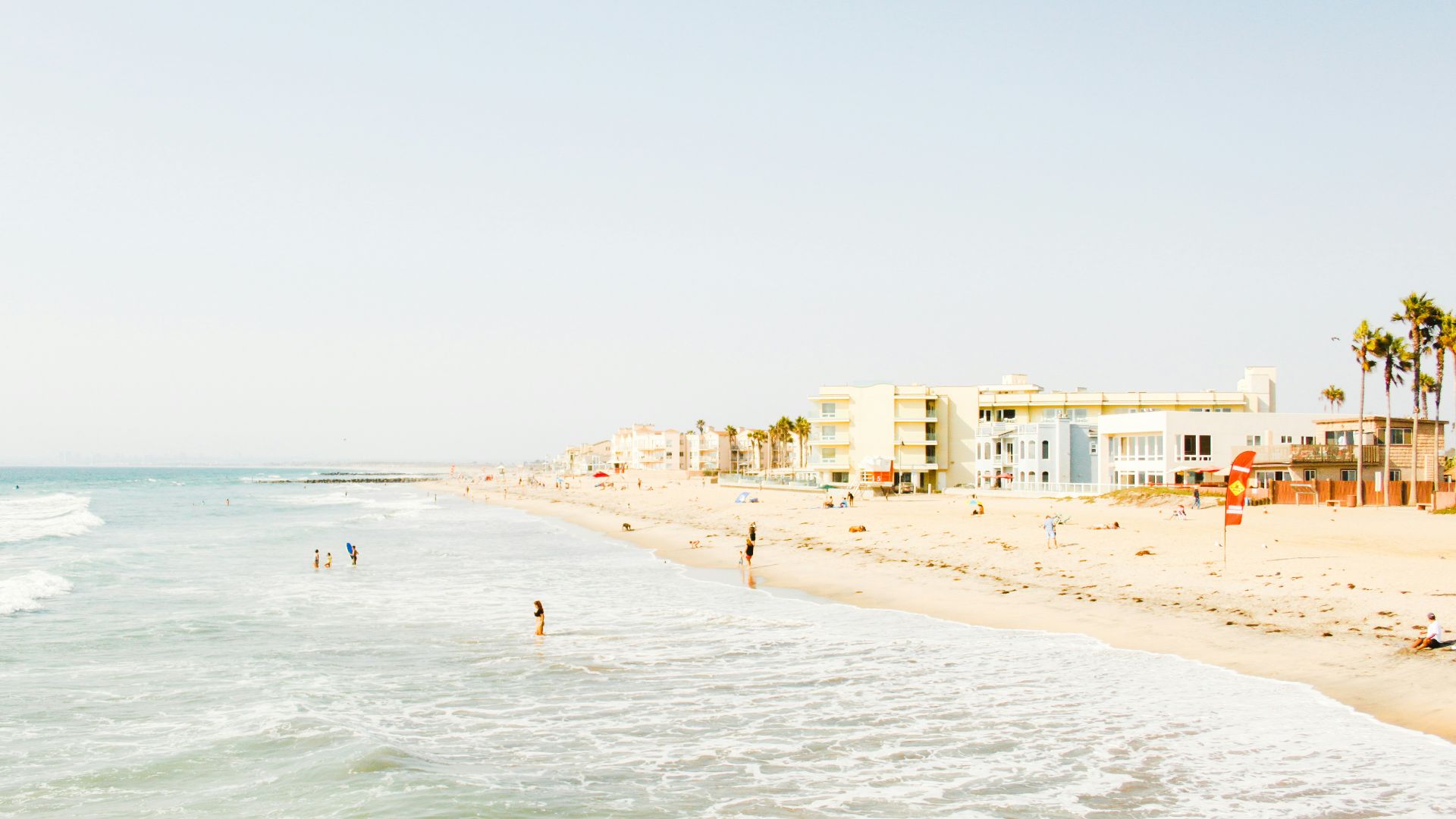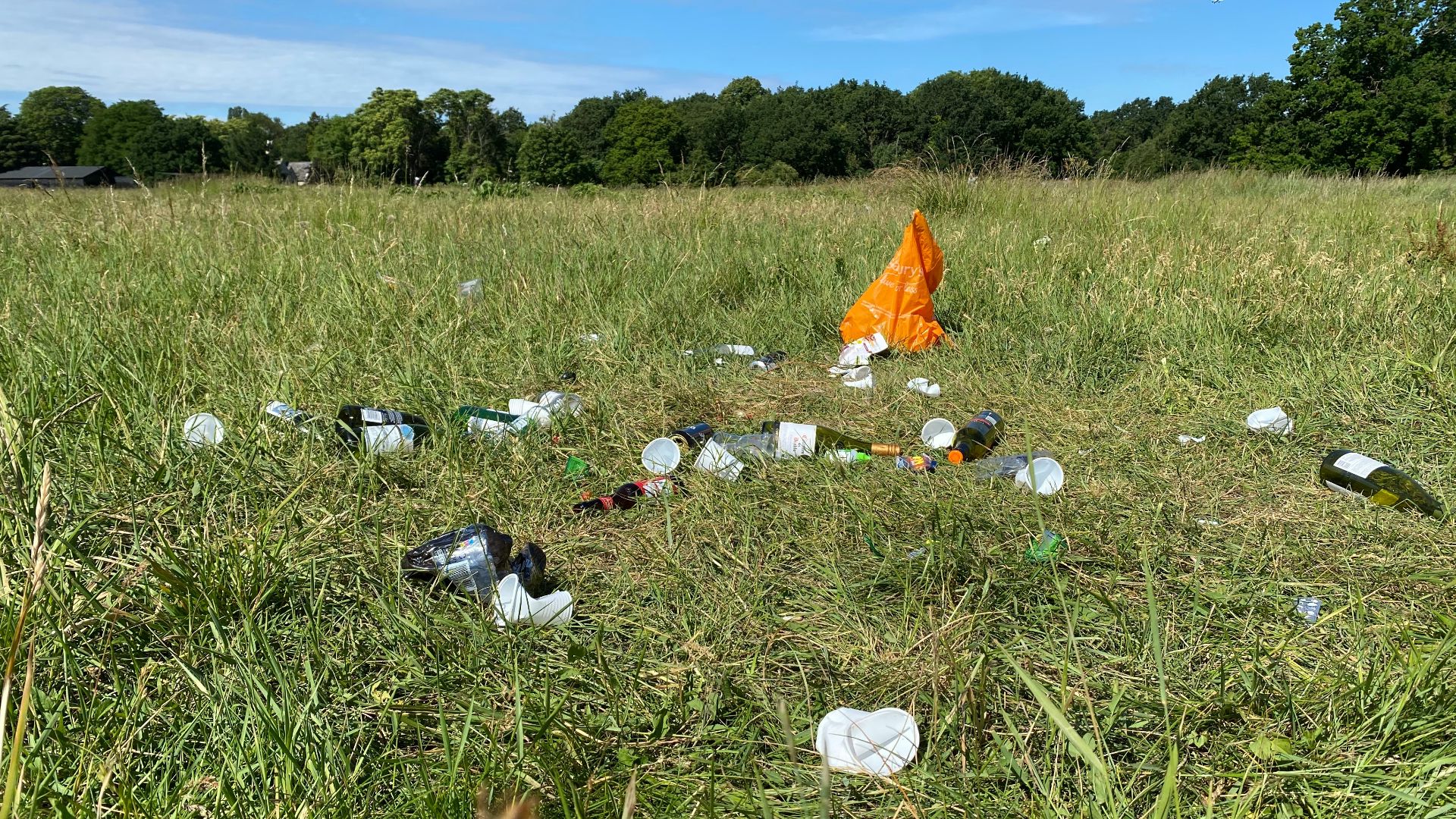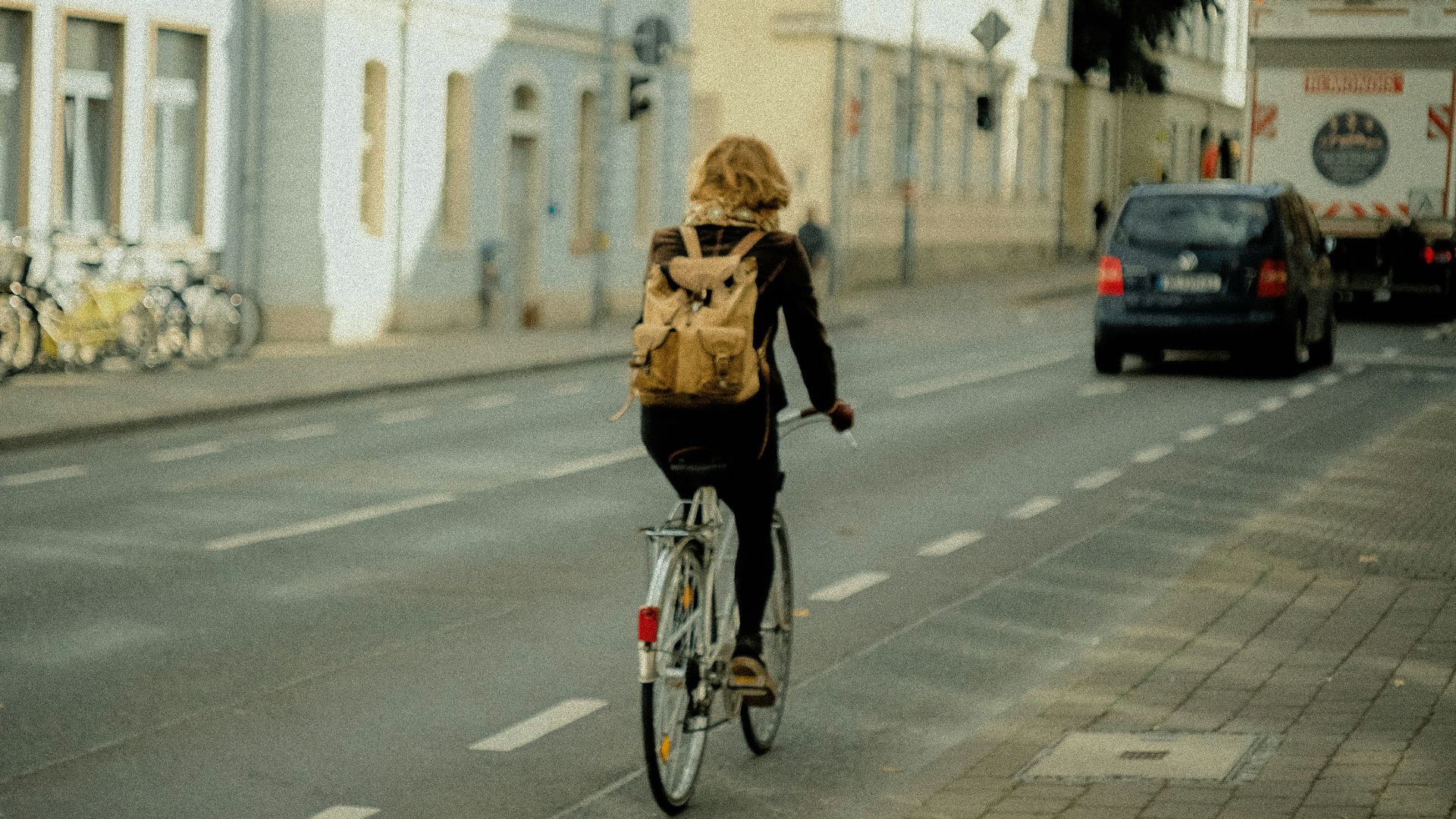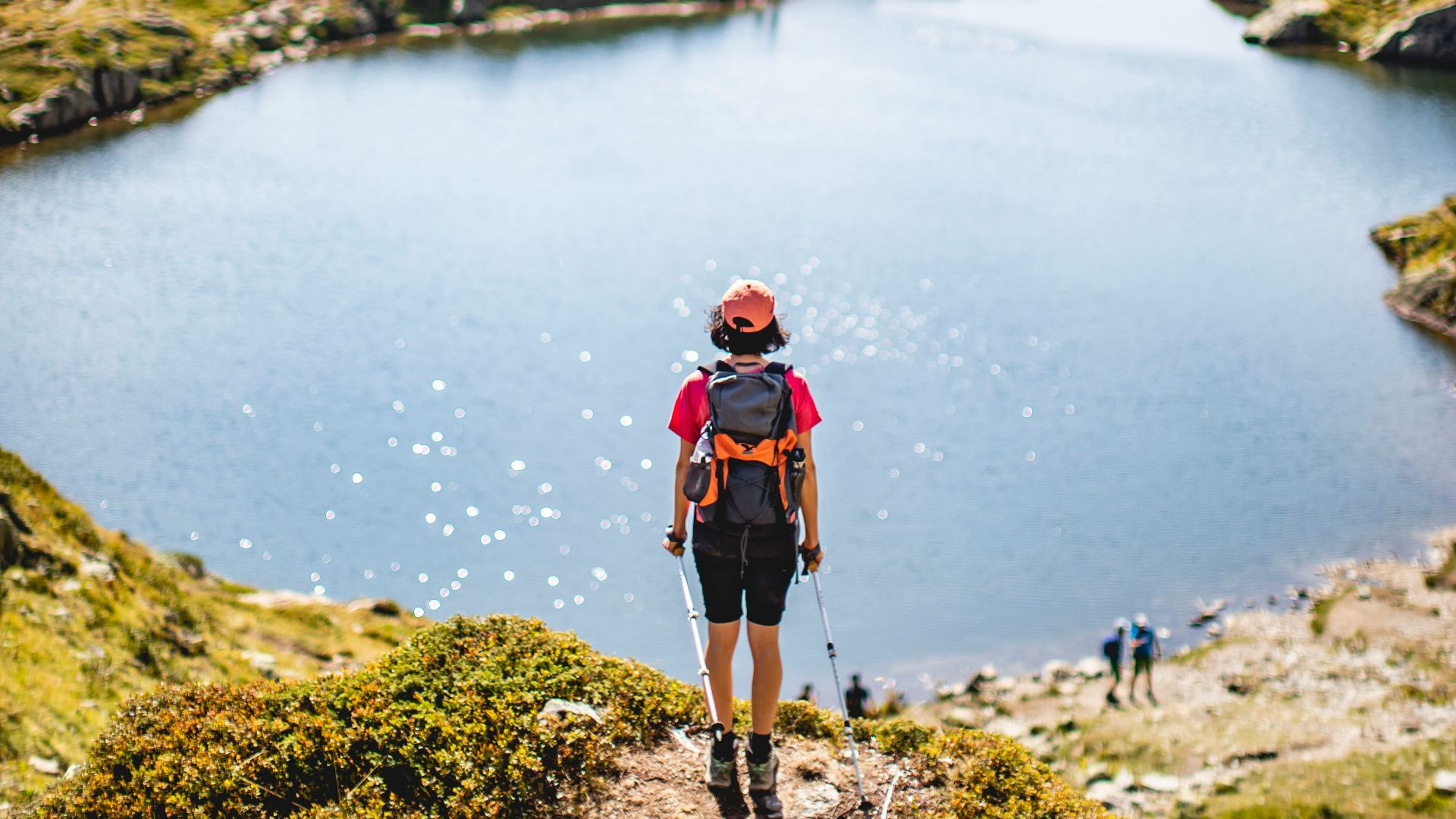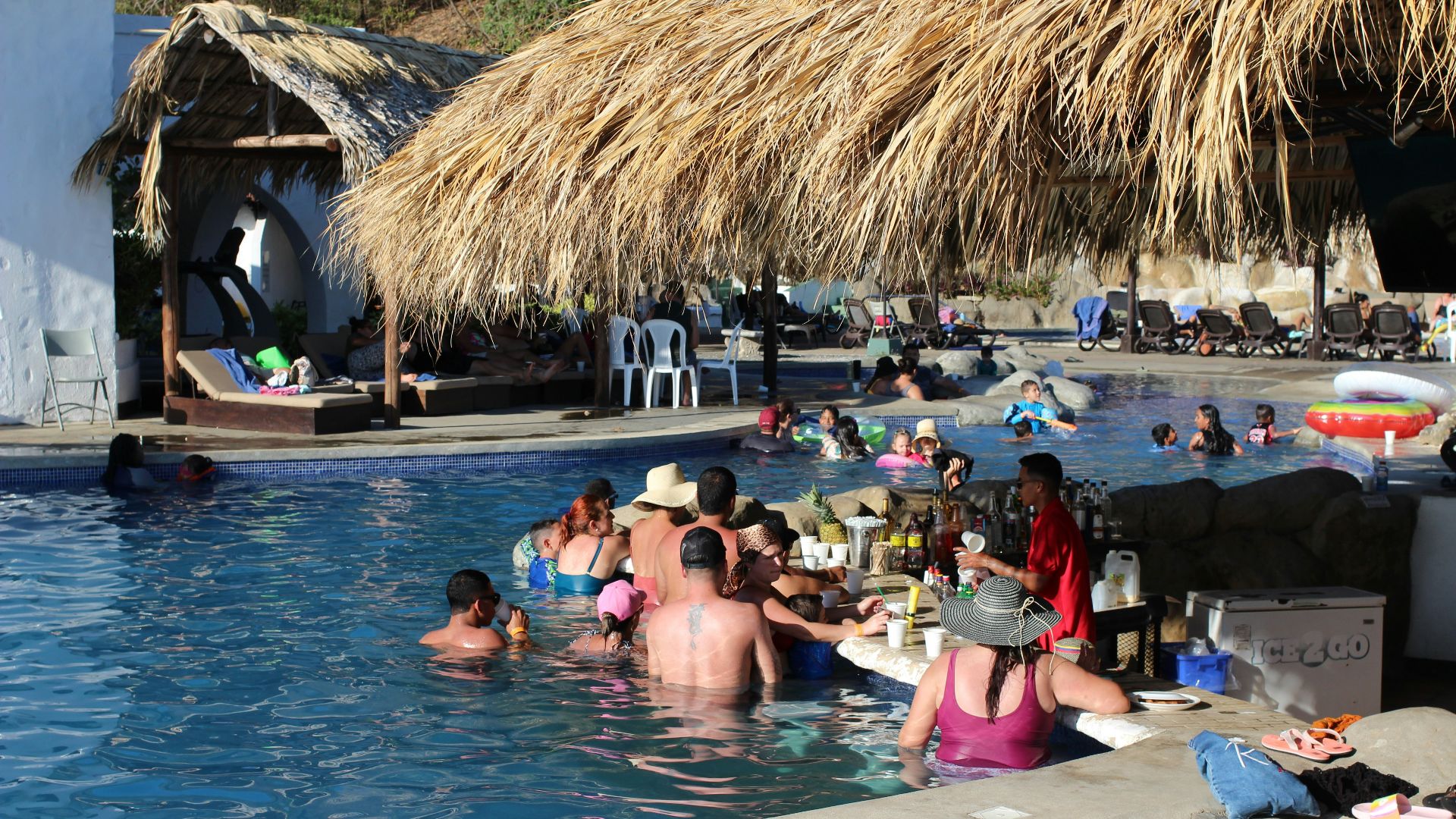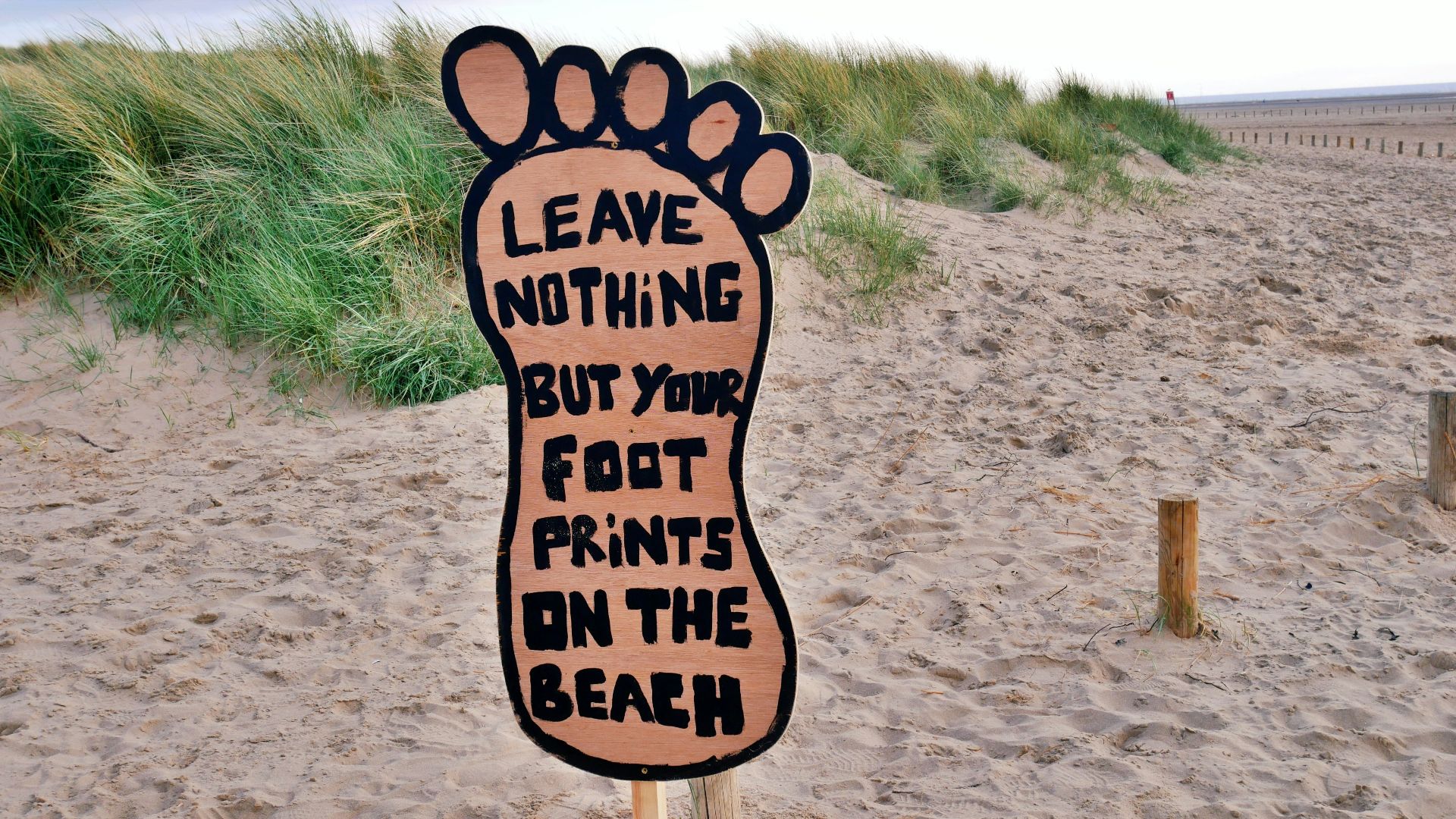10 Ways Traveling Harms The Planet & 10 Ways To Vacation More Sustainably
For The Socially Responsible Adventurer, Traveling Poses A Dilemma
From gas-guzzling airplanes to the tourism sector, traveling has a huge carbon footprint. With the effects of global warming already present in our everyday lives and showing no signs of slowing down, it’s now more important than ever to change our habits for the good of the planet. However, you don’t have to give up traveling completely to save Mother Earth. Here are 10 ways traveling harms the planet and 10 ways to do it more sustainably.
 William Bayreuther on Unsplash
William Bayreuther on Unsplash
1. Air Travel Has A Huge Carbon Footprint
Airplanes use a lot of fossil fuels which release carbon dioxide into the atmosphere, contributing to global warming. They also emit chemicals at high altitudes that increase ozone and cirrus cloud formation.
2. Tourism Infrastructure Destroys Ecosystems
People tend to want to go to pristine, beautiful natural settings for their vacations. Unfortunately, these kinds of places also tend to be the most fragile environments which corporations tear through to make way for hotels and resorts.
3. Dietary Changes
For many of us, travel includes eating at restaurants a lot more than we would at home. Eating out usually entails less sustainable practices such as using disposable dishes and cutlery, eating more meat, and wasting more food.
4. Transportation
Aside from planes, we tend to take a lot more transportation than we would at home when we travel. This can involve buses, trains, and cars, all of which consume fossil fuels.
5. Discardable Mentality
Remember that Panama hat you bought on the beach and only wore once? When we travel, many of us have a more discardable mentality. For example, if we find we need something on our travels we’ll buy a cheap version of it that we’ll just end up throwing out before heading home.
6. Hotels & Resorts Are Extremely Wasteful
Hotels and resorts pamper guests by giving them everything they desire in excess from food to extra towels, newly washed linens every day, and complimentary plastic bottles of water. This excess translates to enormous waste.
7. Nature Tours Harm Ecosystems
When you’re taking a tour in a place where humans aren’t generally meant to be, for example, a safari or a snorkeling excursion, you’re disturbing the established ecosystem. Many touring companies are just interested in making a profit and don’t care if they’re harming nature.
8. Litter
Not everyone follows the “leave only footprints” mantra. Many backpackers aren’t so good at leaving without a trace. Litter and even accidental forest fires are a big problem associated with backpackers and campers.
9. Cruise Ships Run On Heavy Fuel
Cruise ships are massive, traveling hotels. Most of them run on heavy fuel oil which has a higher sulfur content than other fuels, resulting in worse sulfur oxide emissions than other types of vehicles. They’re also the leading cause of overtourism which causes strain on environments.
10. Uber and Taxis
When we travel, most of us use taxi services a lot more commonly than we would in our everyday day lives. Although this could be good for the local economy, cars contribute 48 percent of the world's transport carbon dioxide emissions.
Now that we've gone over some of the common harms to the planet associated with travel, let's talk about how you can travel more sustainably.
1. Try Alternative ways of Travel
Who said you have to take a plane to reach your destination? Crewing on a sailboat, catching a ride on a cargo ship, bike-packing, or hitchhiking are all more eco-friendly and adventurous alternatives to getting to your destination.
2. Get Around Cities By Foot Or Bike Wherever Possible
Avoid any transportation that involves fuel. Get around on foot or rent a bicycle wherever possible. It’s also a great way to get to know a city.
3. Have A Minimalist Approach To Travel
Traveling doesn’t have to be wasteful. Maintain a minimalist mindset to travel, taking only what you really need. Many travelers can go months with only a backpack’s worth of their belongings.
4. Eat Vegetarian
As one kilogram of beef produces 15.5 kilograms of carbon dioxide emissions, following a vegetarian or mostly veggie diet while you travel is a great way to avoid inflicting more harm to the planet. It also keeps you healthy, can save money, and better shields you from food poisoning.
 Frames For Your Heart on Unsplash
Frames For Your Heart on Unsplash
5. Embrace Slow Travel
While it may be tempting to cover as much ground as possible, there’s much to be said for lingering in one place and getting to know the local culture on a deeper level. What’s more, it’s also a lot better for the environment as you’re not taking transportation every day, moving from place to place.
6. Do Your Research To Avoid Harming Ecosystems
Before taking a hike or nature tour, arm yourself with knowledge. Research the area and its wildlife for best practices to do as little harm as possible.
7. Boycott All-Inclusive
It should come as no surprise that all-inclusive experiences aren’t typically eco-friendly. Avoid these types of indulgent tourism practices as much as possible as they’re extremely wasteful and many of those resorts are built with little care for the ecosystem.
8. Prioritize Eco-FriendlyAccommodationn
With the rise in eco-conscious consumerism, ecotourism destinations have also become more popular. These are tourism experiences that focus on ecological conservation, responsible travel, and appreciation of natural habitats with the aim of maintaining a minimal environmental impact.
9. Choose Eco-Friendly Travel Products
When purchasing attire and gear for your next vacation, don’t just buy something you’ll use once. Think about what you really need and get a good-quality version that you can reuse forever. Opt for sustainable materials such as merino wool instead of synthetic fabrics.
10. Be Mindful Of Your Surroundings
When you go camping, hiking, snorkeling, or take a nature tour, pay attention to your surroundings. Pick up after yourself and be courteous to the natural habitat you’re visiting. Even if you’re on a tour, there’s no guarantee your guide will have this awareness.



